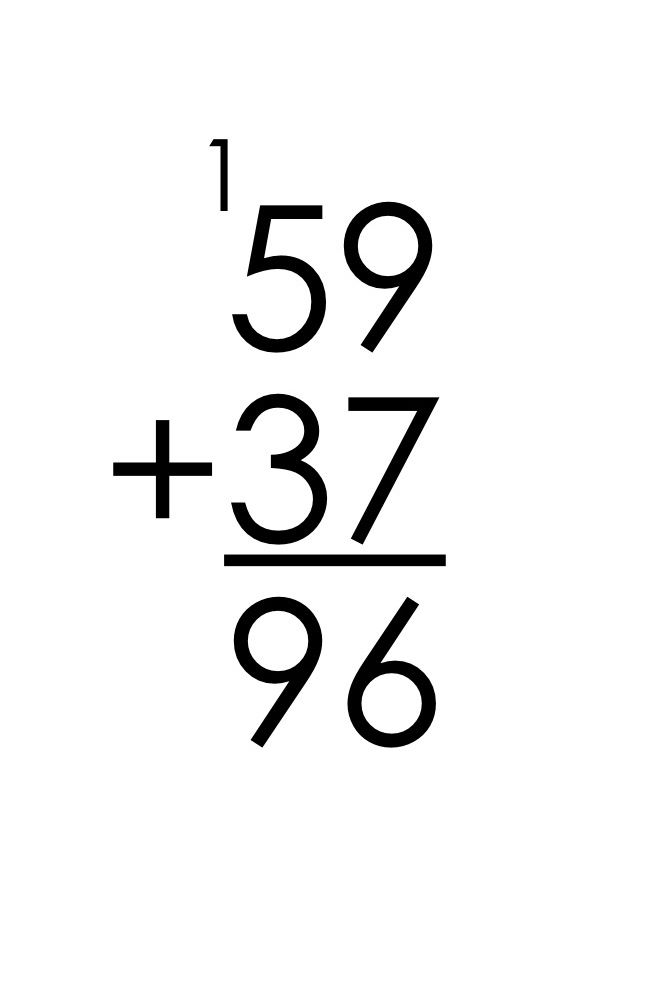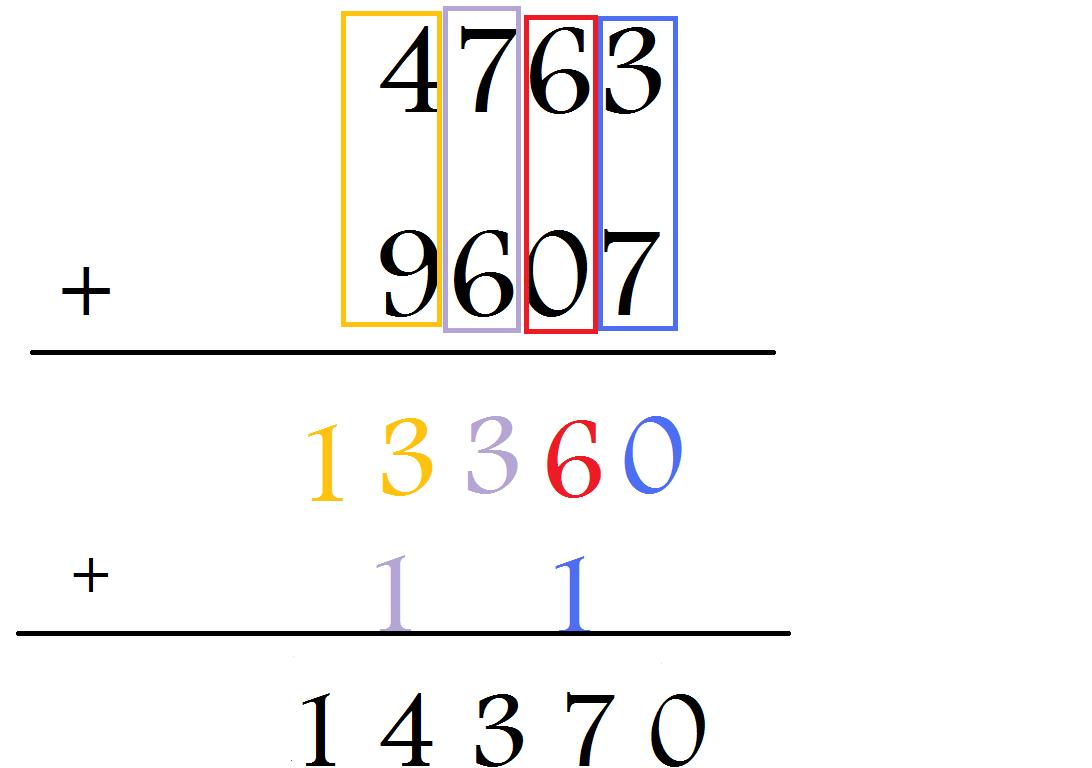New Indiana standards make things worse
Words matter, especially in the technical lingo of standards. In an earlier post, I noted that the “new” Indiana draft standards use different language when referring to the standard algorithm which is problematic. Indiana citizens wanted our state to improve our standards with this process, and encourage more traditional math. However, a back to the basics approach can’t happen without the standard algorithm.
An algorithm by definition is a written method for a systemic set of steps to perform a computation either in arithmetic or computer programming. In math, there are many different algorithms to compute the basic operations of addition, subtraction, multiplication, and division. “The standard algorithm” is the quickest, most efficient of these methods. It works everytime, for any problem in its class, ie. adding 2 multi-digit numbers or multiplying 2 multi-digit numbers. “A standard algorithmic approach” includes different variations of the standard algorithm, it is different.
This is the standard algorithm for addition:
A standard algorithmic approach for addition includes the above example as well as the following:

















The problem lies within the prevailing attitudes of academia, everyone wants the prestige of setting a standard (a new standard) because it brings them acclaim. I had a college professor that once said to me, “What’s wrong with the old way of doing it, it worked. Everyone, including academics, want to be rock stars and win acclaim for themselves. Unfortunately, it (their acclaim)comes at the expense of our students.”